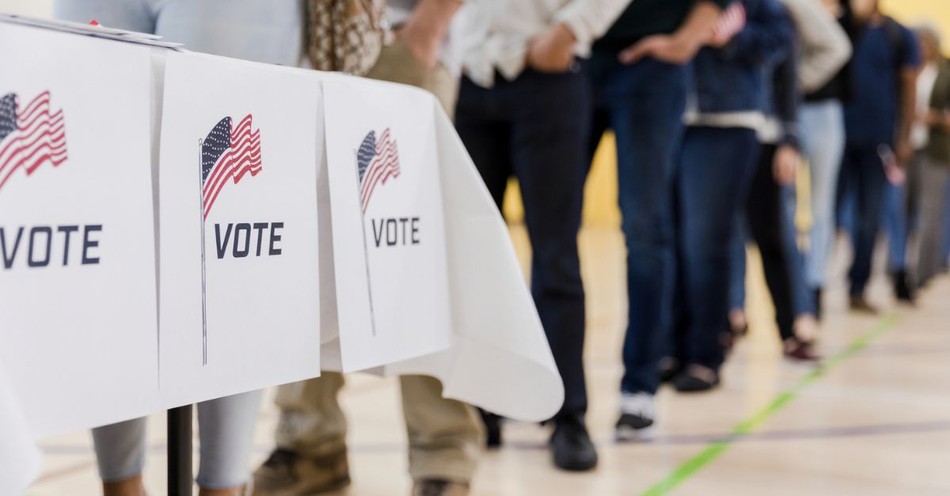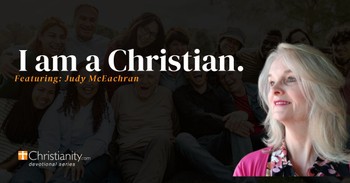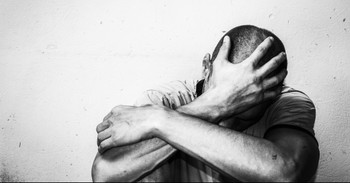The obvious choice for the top story of 2024 is the presidential election. It’s also one of the top worldview stories of 2024, but not because a Christian worldview should ever be reduced to political loyalties. A Christian vision of life and the world is certainly much more than politics, but it is not less.
After his days in the White House, Chuck Colson never publicly endorsed a political candidate, a practice to which the Colson Center remains committed. However, Chuck did describe voting as “our duty as citizens of the kingdom of God.” Citing St. Augustine, he urged Christians “to be the best citizens of the society we live in. To do that, we must vote.”
Some Christians disagree, and their hesitation is understandable. In 2024, the Democratic platform was the most pro-death and anti-family in history. Also, in 2024, the Republican Party scrubbed both pro-life and pro-family commitments from its platform. More recently, unlike his first term, several of President-elect Trump’s cabinet picks are on record as being both pro-abortion and for same-sex “marriage.”
Even so, the trend of convictional Christians not voting long predates this election. In fact, according to recent polling by George Barna, the most common reason given for not voting is lack of interest in politics and elections. At least half of all respondents felt like their one vote wouldn’t make a difference and have grown weary of the controversial nature of the voting process.
Not voting in order to “keep our hands clean” is a form of pietism, not Christianity. Dietrich Bonhoeffer, facing far worse political realities than ours, rightly rejected pietism as contrary to Christian responsibility. Christianity is an incarnational faith and thus must be lived, he wrote, in “the tempest of the living.” In Scripture, James is clear that if there is good that we can do, we should it; and to not do the good we can, is sin. Voting is a way of doing good.
At the same time, we should be clear on the kind of good that voting is. It’s common for voting to be described as the choice between “the lesser of two evils.” A much better approach, especially given the realities of our current situation, is to vote in a way that will “lessen evil.” In other words, we can fully acknowledge both the moral inadequacies of candidates and the necessary limits on political power, while still seeking good through the political process.
For American Christians, voting is an act of stewardship. According to Romans 13, government is ordained by God to punish evil and reward good. In America, citizens have authority to determine who should be in government. Our authority comes from God and should be stewarded as both a right and a set of responsibilities. Like all efforts done in service to the Lord, we do our best and leave the results to God.
After all, as Chuck Colson often said, “Salvation will never arrive in Air Force One.” Even harder to remember is, “neither will the apocalypse.” Most important for Christians, whether in or out of an election season, is to steward our political responsibilities for the glory of God and the good of our neighbor. This is how, in the realm of politics, the Church can be the Church.
Like our founder, the Colson Center’s mission is to help equip the Church for whatever cultural challenges arise. In 2024, that included a highly contentious election season. Next year’s challenges will be different. Thank God, we’ve not been left to blindly play cultural “whack a mole.” Instead, the Bible gives us the truth about reality and the human person, and the Resurrection secures our hope. In other words, Christians have everything we need to fulfill our calling in this cultural moment.
The Colson Center exists to help Christians know and understand this calling. If God is leading you to support the Colson Center in its mission, this is a great time to give.
We’re almost to our year-end goal, and our challenge grant has not only been met, but it’s been extended by another $100,000. You can help us get there by giving today at colsoncenter.org/december.
Photo Courtesy: ©Getty Images/Royalty-free
Published Date: December 31, 2024
John Stonestreet is President of the Colson Center for Christian Worldview, and radio host of BreakPoint, a daily national radio program providing thought-provoking commentaries on current events and life issues from a biblical worldview. John holds degrees from Trinity Evangelical Divinity School (IL) and Bryan College (TN), and is the co-author of Making Sense of Your World: A Biblical Worldview.
The views expressed in this commentary do not necessarily reflect those of CrosswalkHeadlines.
BreakPoint is a program of the Colson Center for Christian Worldview. BreakPoint commentaries offer incisive content people can't find anywhere else; content that cuts through the fog of relativism and the news cycle with truth and compassion. Founded by Chuck Colson (1931 – 2012) in 1991 as a daily radio broadcast, BreakPoint provides a Christian perspective on today's news and trends. Today, you can get it in written and a variety of audio formats: on the web, the radio, or your favorite podcast app on the go.









